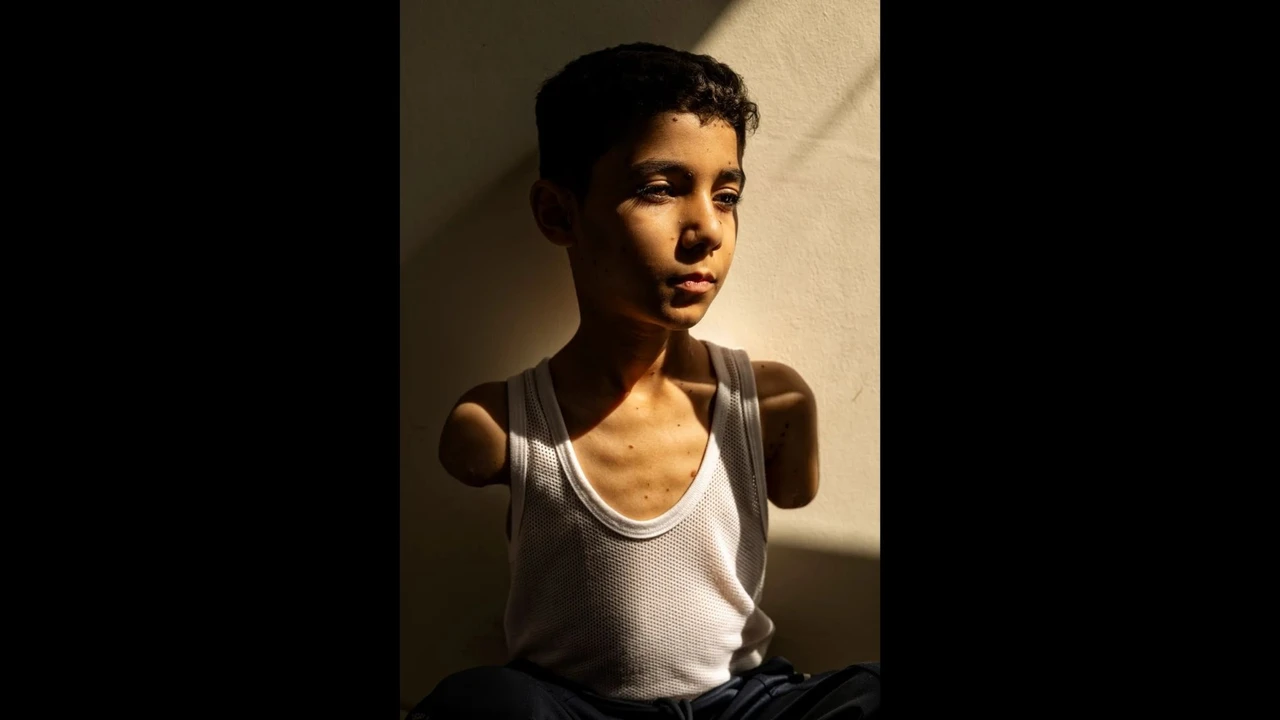UN Security Council endorses US-proposed Israel-Gaza cease-fire plan
 U.S. Ambassador to the United Nations Linda Thomas-Greenfield votes during a U.N. Security Council vote on a U.S.-drafted resolution backing a proposal outlined by U.S.President Joe Biden for a ceasefire between Israel and Palestinian militants Hamas in the Gaza Strip, at U.N. headquarters in New York City, U.S., June 10, 2024. (Reuters)
U.S. Ambassador to the United Nations Linda Thomas-Greenfield votes during a U.N. Security Council vote on a U.S.-drafted resolution backing a proposal outlined by U.S.President Joe Biden for a ceasefire between Israel and Palestinian militants Hamas in the Gaza Strip, at U.N. headquarters in New York City, U.S., June 10, 2024. (Reuters)
The United Nations Security Council has voted in favor of a U.S-proposed Israel-Gaza cease-fire plan. This plan outlines conditions for a “full and complete cease-fire,” the release of hostages held by Hamas, the return of deceased hostages’ remains, and the exchange of Palestinian prisoners.
Overwhelming support with lone abstention
During the Security Council session, a majority of members, 14 out of 15, backed the U.S.-drafted resolution, while Russia chose to abstain from voting. The resolution confirmed that Israel has accepted the cease-fire proposal and urged Hamas to agree as well. The Security Council joins several governments and the G-7 group of the world’s richest nations in backing the three-part plan, which President Joe Biden unveiled on May 31.
The vote is expected to increase pressure on both sides to respond positively to the plan, aiming to end the conflict. The vote came shortly after U.S. Secretary of State Antony Blinken met with foreign leaders, including Israeli Prime Minister Benjamin Netanyahu, to build support for the peace deal.
Just hours before the U.N. vote, Blinken emphasized, “If you want a ceasefire, press Hamas to say yes.”
Hamas’ tentative welcome
Hamas has previously expressed support for parts of the plan and released a statement on Monday “welcoming” the Security Council resolution.
However, Hamas is likely to demand guarantees that the plan would lead to a permanent cease-fire and a full Israeli withdrawal from the Gaza Strip. Its political leadership in Doha has yet to formally respond to the proposal, according to U.S. and Israeli officials.
What does US-backed cease-fire plan include?
The resolution also delves into the details, and spells out that “if the negotiations take longer than six weeks for phase one, the cease-fire will continue as long as negotiations continue.”
The proposal includes a major reconstruction plan for Gaza, which has been heavily damaged in the conflict.
- The first phase involves a hostage-prisoner swap and a short-term cease-fire.
- The second phase calls for a “permanent end to hostilities” and a full withdrawal of Israeli forces from Gaza.
- The third phase focuses on Gaza’s long-term outlook, initiating a multi-year reconstruction plan.
Israeli political turmoil and reluctance
Monday’s resolution follows President Biden’s announcement that the Israelis had agreed to the plan.
However, Netanyahu has not yet formally endorsed the U.S. proposal. While Biden presented the peace initiative as an Israeli one, the U.S. recognizes that Israel’s fractious ruling coalition is approaching the plan with reluctance, with some far-right ministers threatening to collapse the government if the deal progresses.
The recent resignation of former general Benny Gantz from the war cabinet has exacerbated this instability.
World urges seizing peace opportunity

President Biden’s account on X acknowledged the resolution’s passage, stating, “Hamas says it wants a ceasefire. This deal is an opportunity to prove they mean it.”
“Today we voted for peace,” U.S. Ambassador to the UN Linda Thomas-Greenfield told the council after the vote.
U.K. Ambassador Barbara Woodward described the situation in Gaza as “catastrophic,” urging the parties to seize the opportunity for a lasting peace that guarantees security and stability for both Israelis and Palestinians.
U.K. Foreign Secretary David Cameron also welcomed the resolution.
Devastating conflict: Toll and timeline
The U.N. Security Council had previously passed a resolution on March 25 calling for a cease-fire. Although the U.S. had vetoed similar measures in the past, it did not veto the March resolution. At that time, Netanyahu accused the U.S. of abandoning its prior position linking a ceasefire to the release of hostages.
The conflict began on Oct. 7, killing about 1,200 people and taking around 251 hostages. According to the Hamas-run health ministry, the death toll in Gaza has surpassed 37,000 since Israel’s response to the attack.
The UNSC has overwhelmingly voted to support a U.S.-proposed Israel-Gaza cease-fire plan, setting conditions for a comprehensive cease-fire, hostage exchanges, and a long-term reconstruction plan for Gaza.



